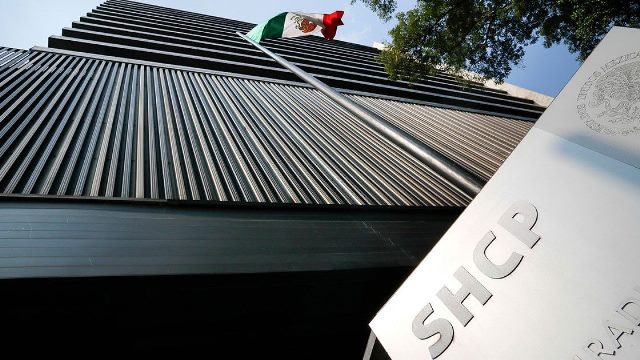On July 23, 2020, the preliminary draft of the Operation Rules for the Public Registry of Water Rights, prepared by the National Water Commission, part of Mexico Ministry of Environment and Natural Resources, was published on the website of the National Commission for Regulatory Improvement.
These Rules have not yet been published in the Federal Official Gazette, for their entry into force, as they are undergoing the regulatory improvement process, after which they will be published with the corresponding adjustments and will then be effective.
The following is a summary of the content of this preliminary draft to date:
The purpose of issuing these Rules is the updating of the legal framework that regulates the operation of the Registry and incorporate as well the use of information technologies for various procedures, the establishment of the operation bases for the services provided by the aforementioned Registry, the requirements for the registration of all acts which, in accordance with the Law on National Waters, may be registered, as well as for the recording of preventive annotations and the means by which the entries in the Registry are to be publicized.
It is foreseen that, for the operation of the Registry, the principles of maximum disclosure, first in time first in law, registration, specialty, legality, officiousness and good faith will be observed.
It is established that the recording of the acts and documents in the Registry will have declaratory effects against third parties, and that the titles of concession or assignment, as well as the permits susceptible of registration, which are not registered in the same, will not produce any legal effect against third parties.
Furthermore, the publicity of the registered acts will be made on the website of the National Water Commission or upon request to the Registry with the corresponding payment of fees and the registration will be made within a period of no more than 15 business days after the Registry receives the request.
Regarding the registration in the Registry of the matriculation, extension, modification, transfer, extinction and revocation of concession or assignment titles or permits, it is established that this can be done through the following means:
Personal registry qualification. It is carried out by an official assigned to the Management of the Public Registry of Water Rights who will carry out the analysis of the title and/or permit, the administrative resolution and other supporting documents of the act that is requested for registration, in order to ensure that it complies with the applicable legal framework in force, and that there is congruence with the supporting documents or the registry records and preventive notes existing in the Registry itself; thus, when the proceeding of registration of the act is determined, the registrar will carry out the corresponding registration.
Automatically. With respect to those procedures in which the personal registry qualification is non essential, the register will instruct in the system of electronic procedures that these can be registered automatically, in which case the recording in the Registry will be generated electronically.
And for registration, the following requirements must be met:
- Application for registration in the Registry submitted by the administrative unit that issued the act for which registration is requested. In the case of files handled through the electronic procedure system, the application for registration will be understood to have been made when the file is turned over to the Registry for its registry qualification through said system.
- Administrative resolution electronically signed in those procedures attended electronically by the Electronic Procedures System; in the case of files attended physically, a copy of the corresponding resolution duly signed must be sent to the Registry.
- Except in cases of extinction and revocations, the title or permit signed electronically in those procedures handled by the Electronic Procedures System; in cases of files physically handled, the original title or permit must be sent to the Registry.
- Information on the title or permit for which registration is requested, stored in the corresponding database, for those procedures that are not sent through the Electronic Procedures System.
- The supporting documents of the act for which registration is requested in accordance with the applicable legal provisions contained in the file.
In addition, the Rules contemplate those acts for which a preventive annotation must be recorded, and the requirements for this annotation.
The Registry shall automatically register regulated areas, closed areas, reserve declarations and hydraulic planning for national
waters, as well as the availability of national waters, and shall also make available to users in general, through the Commission's website, public information registered in the Registry for free consultation.
In order to request the Registry to issue certificates and certified copies of the titles of concession, assignment, permits or registration of works in the free zone, the following requirements must be met:
- Request for issuance of certificate or certified copies presented at the Integral Service Center;
- Proof of payment for the certificate referred to in the Federal Rights Law, and;
- Copy of the applicant's official ID
Finally, the Registry must keep the database of titles of concession or allocation of national waters and their inherent public goods, as well as wastewater discharge permits registered in the Public Registry of Water Rights, updated, along with the free database available for public consultation via internet, for which purpose it may take the necessary actions to keep it updated. If proof of the existence or non-existence of the records contained therein is required, users will be able to submit the corresponding formality, upon payment of fees.
The referred Rules shall enter into force the day following their publication in the Federal Official Gazette, and with this, the Rules of Organization and Operation of the Public Registry of Water Rights, published in the Federal Official Gazette on December 6, 2002, shall be abrogated, and all notices, circulars and other documents regarding registration requirements issued prior to the entry into force of the same shall be void.






